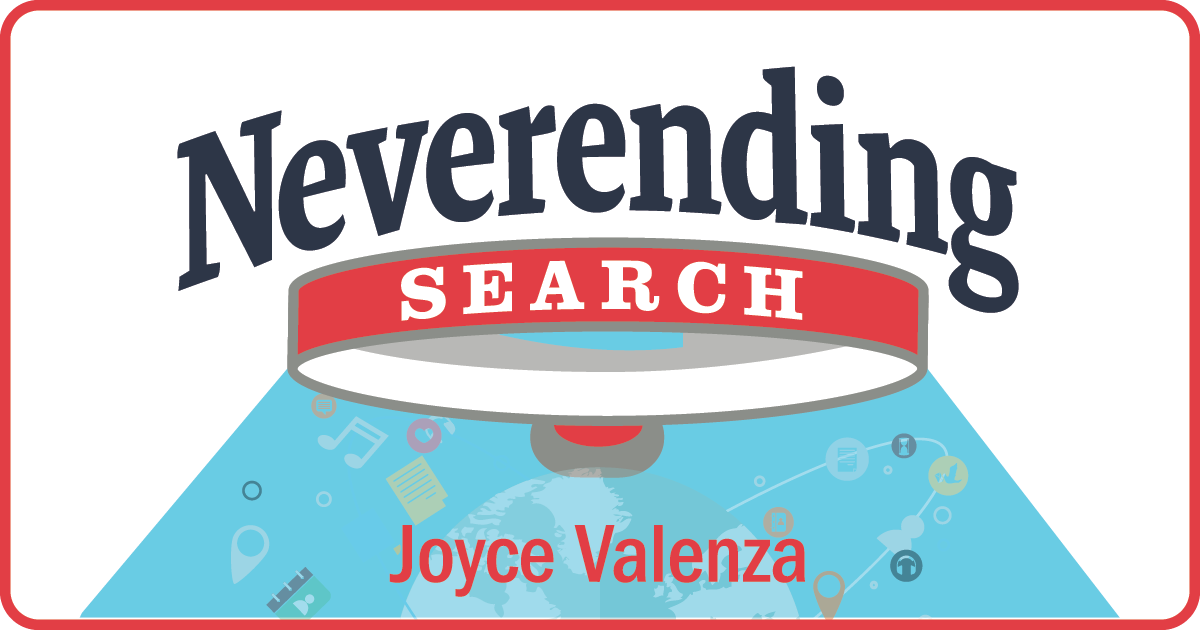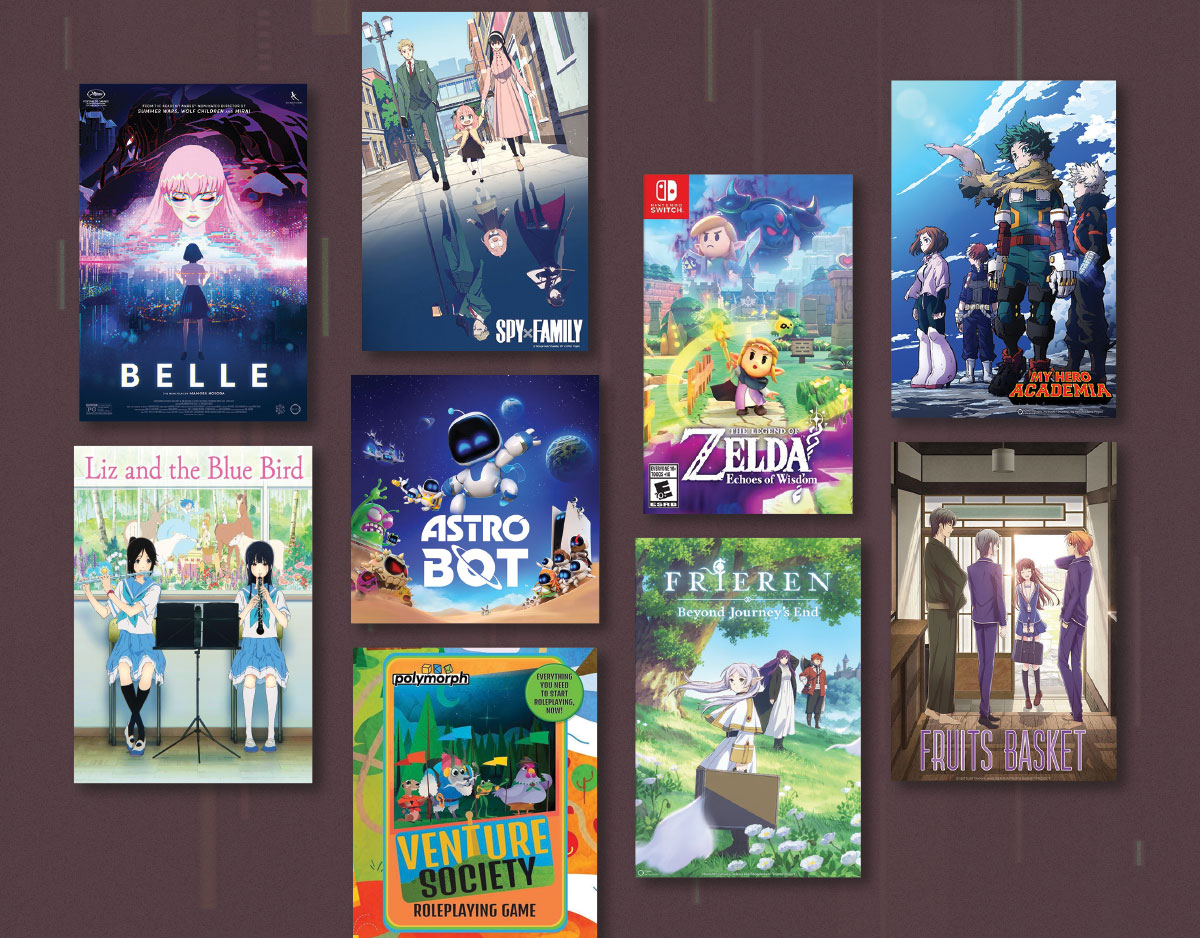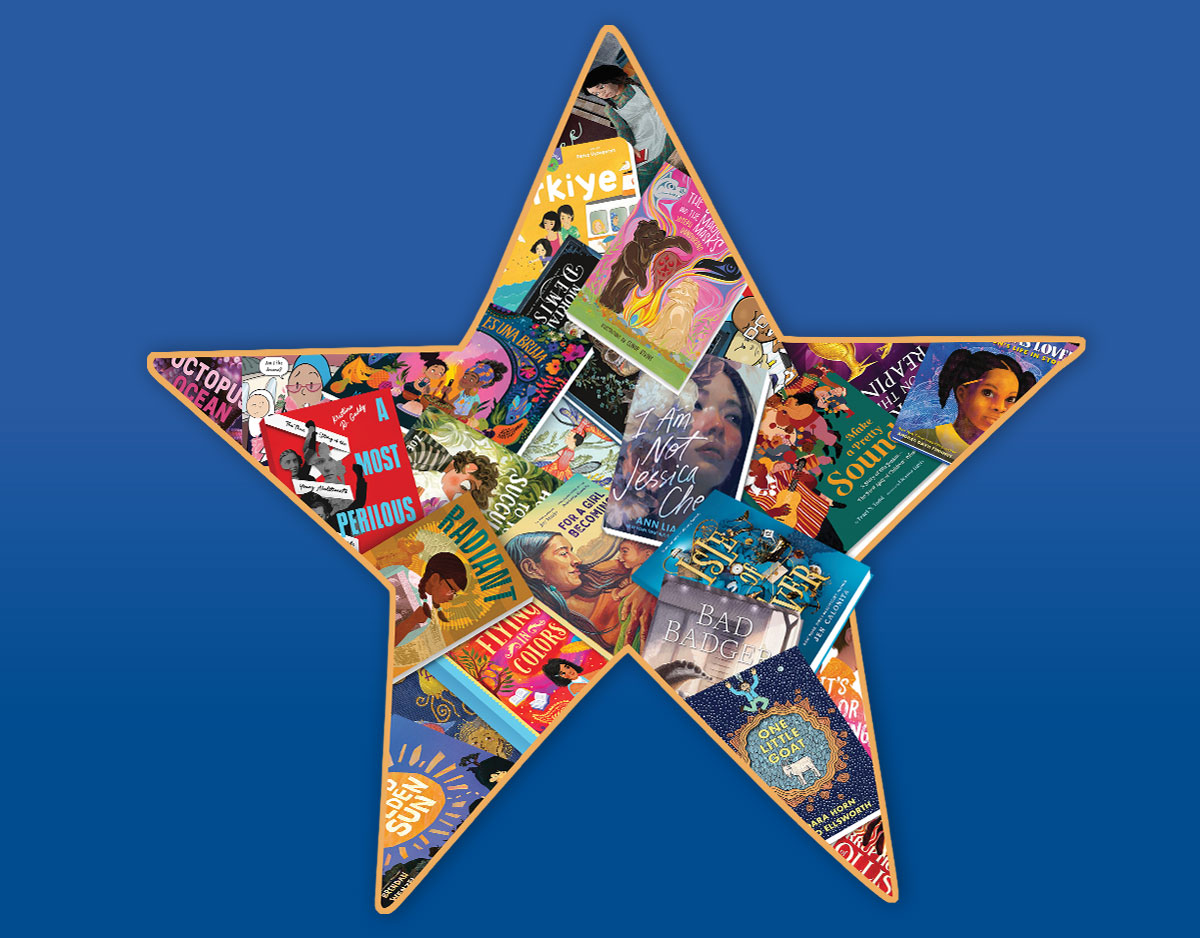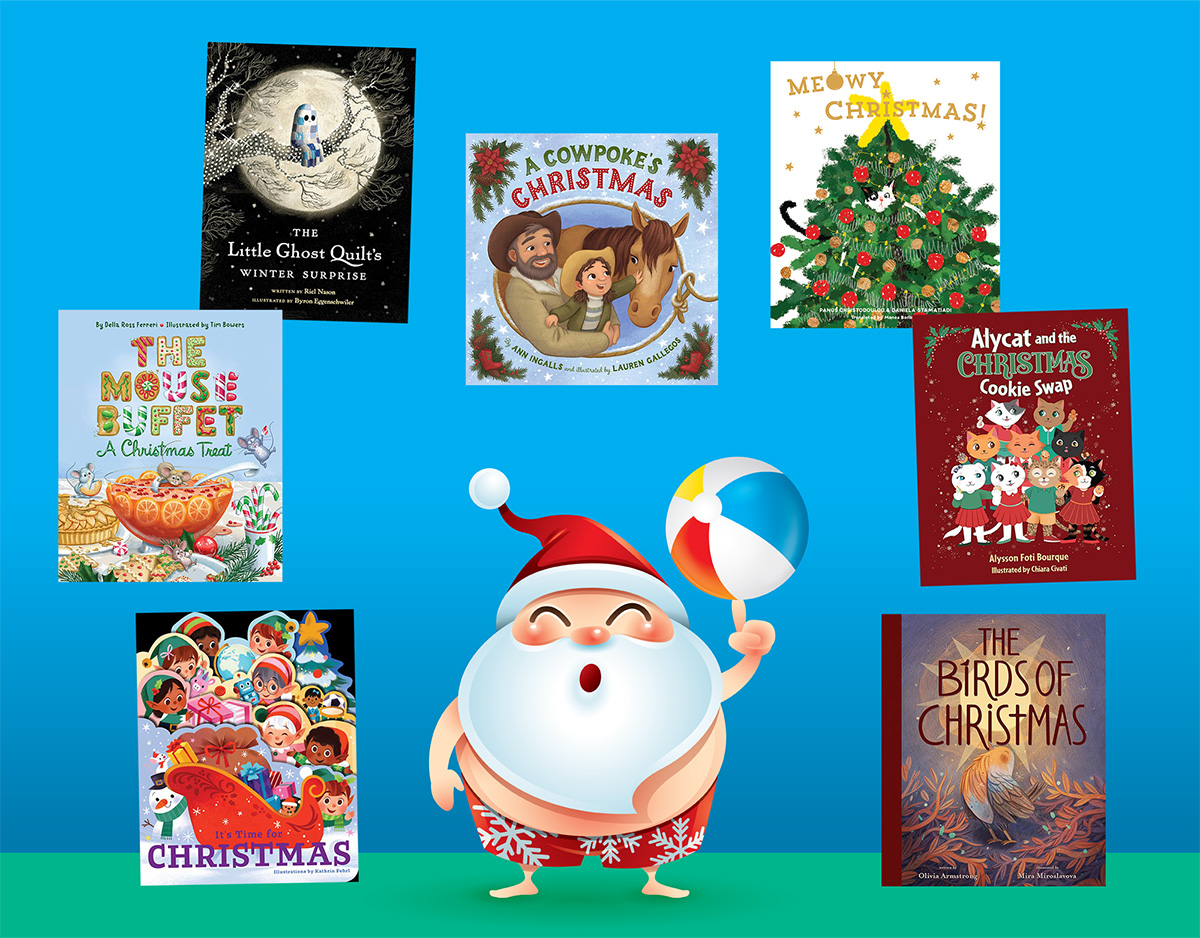SCROLL DOWN TO READ THE POST
New tricks for academics
 I am kind of excited about the changes I’ve been noticing in academic search.
I am kind of excited about the changes I’ve been noticing in academic search.
Subscription databases rock, no question about that.
And they will likely be the best starting point for the full-text needs of scholars young and old.
But new academic search options are appearing as real players, reaching beyond search as location and networking tools for scholars, scientists and practitioners.
Here are three relatively new options you may have missed.
1. Google Scholar news. Back in August, the Google Scholar Blog announced it was Making New Connections.
The post shared:
. . . often the spark for discovery comes from making a new connection or looking in a direction that you hadn’t yet considered and that — before your aha! moment — you wouldn’t have known to look for. Today we hope to start fostering these new connections with Scholar Updates.
If you are a researcher in a particular area of knowledge, you can set up a Scholar Profile. Google Scholar pushes news of content based on your background and research interests:
We analyze your articles (as identified in your Scholar profile), scan the entire web looking for new articles relevant to your research, and then show you the most relevant articles when you visit Scholar. We determine relevance using a statistical model that incorporates what your work is about, the citation graph between articles, the fact that interests can change over time, and the authors you work with and cite. You don’t need to configure updates or enter any queries. We’ll notify you about new updates by displaying a preview on the homepage and highlighting a bell icon on search results pages:
To get article updates relevant to your work, all you need to do is create a public Scholar profile. Article updates will automatically start to appear within a few days.
ADVERTISEMENT
ADVERTISEMENT
Author profile pages include an authors search.
As this tool grows, and as more scholars build profiles, my guess is that Scholar will become an interesting source for discovering experts, for assessing authority, and for identifying relationships among reseach and researchers.
2. I just rediscovered Microsoft’s Academic Search. This search for scholarly content among millions of academic papers offers the added value of allowing searchers to select one or more domains or disciplines and to filter by subdomain, publication, author, source type, organization, or keyword.
But most exciting for me, are the data visualization features that offer searchers and scholars a view of scholarly patterns and relationships, highlighting the critical links that help define scientific research.
Among the features in the suite of visualizations:
Microsoft Academic dynamically creates Author Profiles for researchers with discoverable work. Profiles contain publication histories, citation information, collaboration details, publication lists, cumulative and annual metrics of publications, research interests, keywords, links to official homepages and institutional affiliations. Profiles offer embed and subscription options.


Article detail pages offer links to full-text when available, bibliographic details, links to the publication source and to alternate versions of the document, longitudinal cumulative and/or annual citation graphs, abstracts, quotes providing citation context, and references.
Sidebars display related keywords and publications, as well as a clickable citation graph allowing navigation from the article to the publications that cite it.
Note: Both of these searches seem to cover the journals and proceedings of the world of science more thoroughly than they do the journals and proceedings of the worlds of education and information science.
3. Mendeley offers both a tool for the individual researcher and the opportunity to participate in research communities to share intelligence within a field of study.
The downloadable Mendeley desktop allows researchers to drag, drop, annotate, organize, and store papers (PDFs) into libraries while it automatically extracts metadata and citation information. Documents are easily sortable and searchable by a variety of filters. A bookmarklet allows researchers to grab documents on the fly. Mendeley easily imports references from other programs and sincs across multiple devices. Researchers may create private writing groups or join connect and collaborate with other researchers in public groups through Mendeley Web.

Filed under: research, search tools
About Joyce Valenza
Joyce is an Assistant Professor of Teaching at Rutgers University School of Information and Communication, a technology writer, speaker, blogger and learner. Follow her on Twitter: @joycevalenza
ADVERTISEMENT
SLJ Blog Network
Name That LEGO Book Cover! (#65)
Review of the Day: This is Orange by Rachel Poliquin, ill. Julie Morstad
Betty & Veronica: Summer Fun in the Sun | Preview
Heavy Medal Suggestions: 73 Titles and Counting
Like This, Try That: K-Pop Demon Hunters
The Classroom Bookshelf is Moving
ADVERTISEMENT
ADVERTISEMENT












